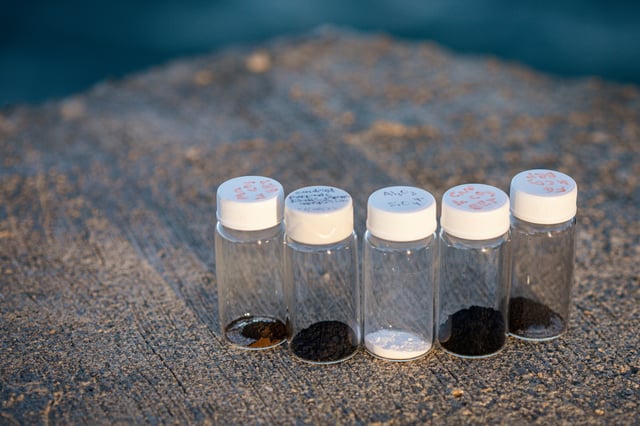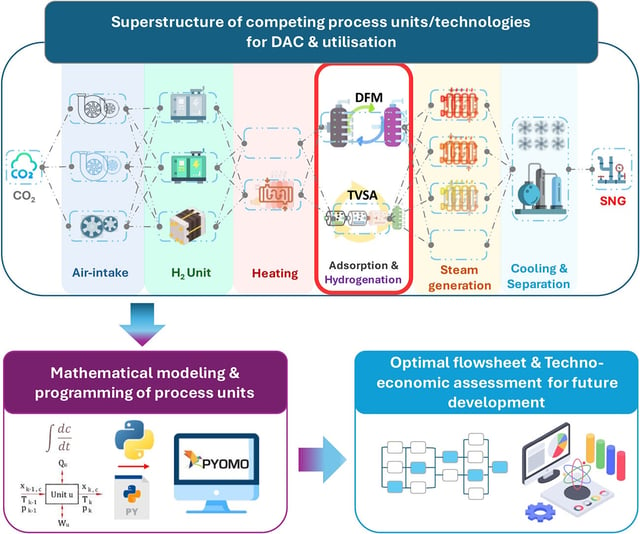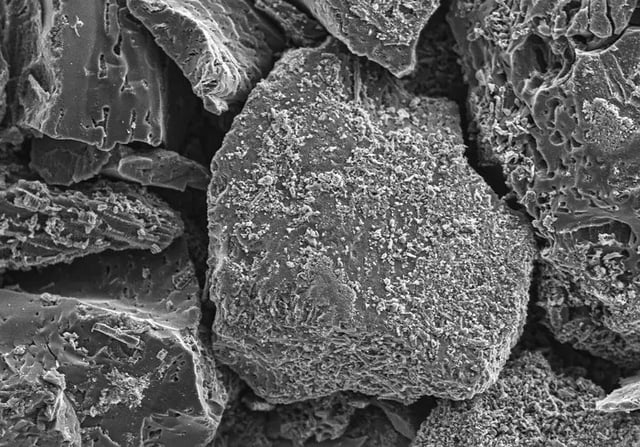Overview
- Researchers at Northwestern University have created a moisture-swing direct air capture (DAC) system that uses changes in humidity to trap and release CO2.
- The system employs inexpensive, sustainable materials such as activated carbon, nanostructured graphite, and metal oxides to reduce costs and energy use.
- An optimal pore size range of 50 to 150 angstroms was identified, maximizing carbon capture performance and swing capacity.
- The technology could address emissions from hard-to-decarbonize sectors like agriculture, aviation, and steel manufacturing.
- The team plans to test the materials at scale in pilot studies, evaluating life cycle impacts, scalability, and cost-effectiveness.


